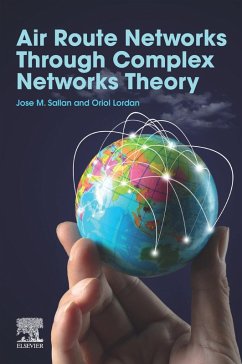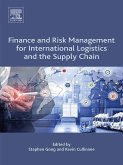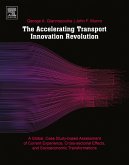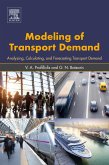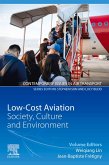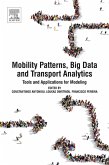Air transport is among the most dynamic and toughest competition industries in today's global economy. The quality of air route network design is a key strategic factor in an airline's viability. These robust networks provide for more stable and secure carrier operations vs. those based simply on existing supply and demand volumes.
Node-specific and network-specific representations are covered, along with in-depth coverage of connectivity in special and temporal networks. These collective tools serve as a guide for practitioners seeking to apply complex network theory to the airline industry.
- Presents complex networks theory research results applied to airline transportation networks
- Examines airline network robustness in the face of disruptions, providing strategies for detecting critical nodes of air transport networks
- Provides historical perspective on the economic, political, technical, and geographical constraints that influence airline route portfolios
- Connects data from valuable tools, such as navpoints, area control centers (ACC), and flight information centers, with air network modeling
- Studies spreading-related phenomena, such as rumors, and disease contagions, and how these affect the airline industry
Dieser Download kann aus rechtlichen Gründen nur mit Rechnungsadresse in A, B, BG, CY, CZ, D, DK, EW, E, FIN, F, GR, HR, H, IRL, I, LT, L, LR, M, NL, PL, P, R, S, SLO, SK ausgeliefert werden.

